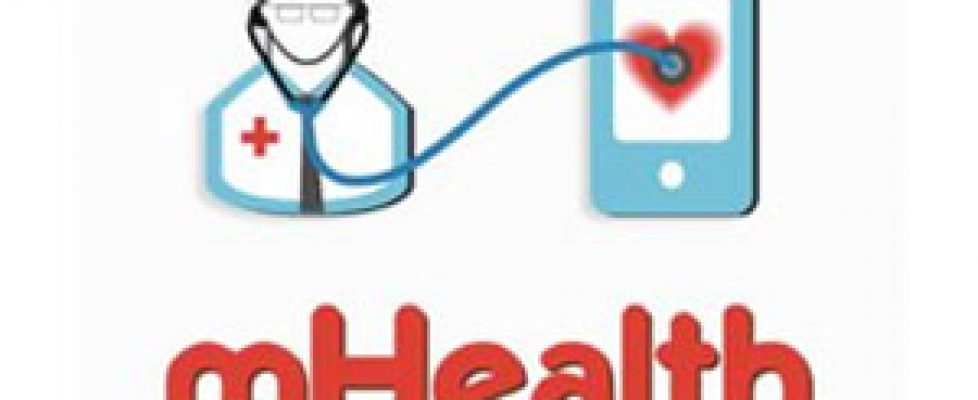Remote Patient Monitoring Redefining mHealth Care Management
With the development of the “smart home” concept, the Internet of Things (IoT) and better mHealth technology, remote patient monitoring (RPM) has the potential to bring care management and coordination into the home and make health and wellness an integral part of life. The potential use cases for RPM in mHealth care management include chronic care management, post-discharge care, senior care, workmen’s compensation cases, and behavioral health and substance abuse cases.
Most of these programs focus on the collection of patient health data from home (by self or automatically) through devices and mobile health platforms that connect to the primary care provider. This enables the provider to continuously keep track of a patient’s health parameters (such as blood glucose, activity) the environment, even social determinants, and develop a care plan matching the patient’s life. A provider can also provide mHealthcare management recommendations and other resources to the patient, based on RPM data.
More or less, practices both big and small can benefit from mHealth care management with RPM, to reduce unnecessary in-person visits, cut traffic in the waiting room, improve patient engagement, and make sure patients don’t have to visit the hospital or doctor’s office unnecessarily.
The American Medical Association (AMA) has grown more supportive of the technology alongside healthcare organizations alongside healthcare organizations such as the Healthcare Information and Management Systems Society (HIMSS).
RPM program designers require to focus on patient selection (patients with health issues that can be improved through home monitoring and who are open to home monitoring), program duration, data collection, devices to be used, and care coordination management. The programs start slowly with patient acceptance and engagement taking time. So, RPM programs need to be proactive and meet goals rather than reacting to events.
Healthcare providers are wary of using commercial technology like fitness bands, smartwatches and connected home devices for clinical care as they lack the vigorous design, testing and retesting undergone by clinical tools. However, top brands such as Fitbit, Apple, Samsung, and Garmin are used by many health providers such as the Los Angeles-based Cedars Sinai and Boston’s Partners Healthcare.
The ultimate goal for any RPM program and mHealth care management is to create a self-sufficient mindset in the patient that they can live a healthier life by paying more attention to exercise, diet, and other daily habits – with guidance from one’s care provider. Leveraging objective data and the cloud in the arena are companies like Ideal Life.

